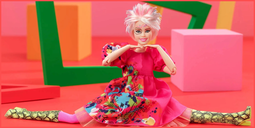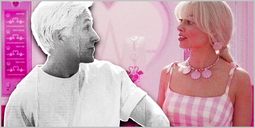The Barbie Movie's post-credit scene has sparked a lot of discourse among fans. But as someone who has been writing about films for a while now, I'm struggling to see why. Sure, it's nice that Barbie is a part of a cinematic universe now, but the way people are reacting to it is just so... typical. So typical, in fact, that it's troubling.
While I don't want to discredit the significance of Barbie's first cinematic adventure as a milestone for representation, the movie's reception has made me question whether we're over-emphasising the influence of Marvel movies.
We've all heard about the fan theories and discussions that have erupted following the credits of Barbie, a movie that isn't a part of a franchise and may never be. I've seen people obsess over post-credit scenes, which is just ridiculous in this context.
The History of Post-Credit Scenes
First of all, post-credit scenes are nothing new. They go back as far as the 60s, with the first modern example coming in 1980's The Blues Brothers. But they didn't really become a thing until the 80s, when they were used as a way to tease audiences into wanting a sequel.
The trend really took off with the Marvel movies, which are basically all part of the same franchise. Franchise films dominate the highest-grossing films list, with the likes of Star Wars, Harry Potter, Lord of the Rings, and Jurassic Park all sitting at the top.
The expectation of post-credit scenes is so pervasive that even films in which they would have no narrative purpose have them. The likes of Fantastic Beasts and Aladdin have post-credit scenes purely to set up sequels that may never happen.
This is the real reason why post-credit scenes are so ingrained in our brains. Not because of a desire to see how the story continues but because of the expectation that it will continue.



















